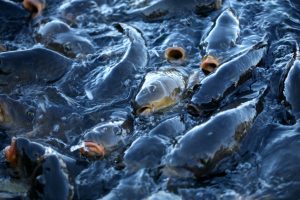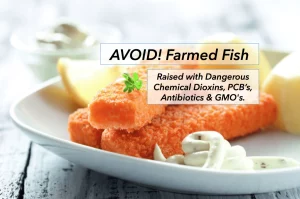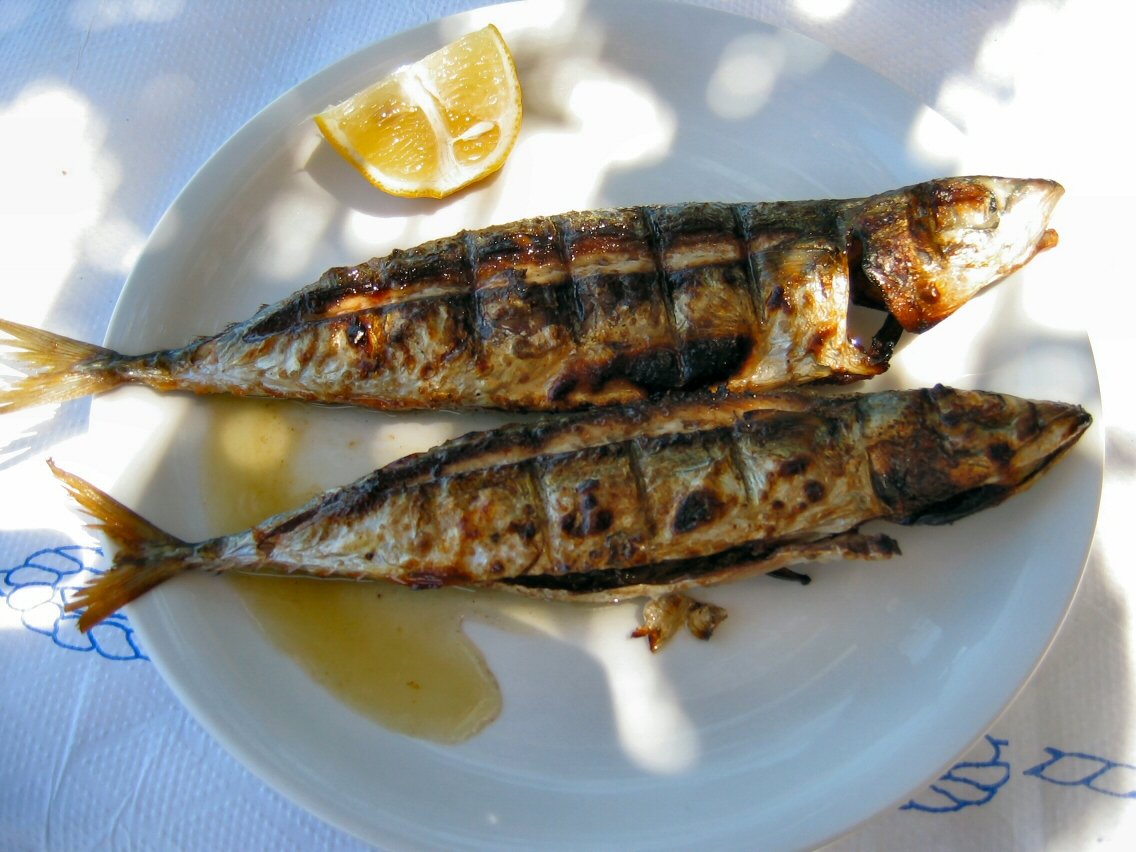Introduction
In recent years, there has been a growing concern regarding the potential link between fish consumption and cancer risk. While fish is often touted as a healthy protein source rich in omega-3 fatty acids and other essential nutrients, some studies have suggested that certain types of fish may actually increase the likelihood of developing cancer. In this article, we delve into the research to explore whether eating fish can indeed make cancer more likely.
The Debate Surrounding Fish Consumption and Cancer Risk
The debate surrounding the relationship between fish consumption and cancer risk is complex and multifaceted. On one hand, fish is regarded as a lean protein source that provides numerous health benefits, including cardiovascular health and cognitive function. Additionally, fish rich in omega-3 fatty acids, such as salmon and mackerel, have been associated with a reduced risk of heart disease and stroke.
However, concerns have been raised regarding the potential presence of contaminants in certain types of fish, such as mercury, polychlorinated biphenyls (PCBs), and dioxins. These environmental pollutants can accumulate in the fatty tissues of fish and may pose health risks when consumed in large quantities over time. Some studies have suggested that exposure to these contaminants through fish consumption may be associated with an increased risk of certain types of cancer, including breast, prostate, and colon cancer.

Understanding Mercury Contamination in Fish
Mercury is a naturally occurring element that can be found in the environment as a result of industrial pollution and other human activities. When released into the environment, mercury can accumulate in bodies of water, where it is absorbed by aquatic organisms such as fish. Large predatory fish, such as shark, swordfish, king mackerel, and tilefish, tend to have higher levels of mercury due to their position at the top of the aquatic food chain.
Consuming fish with high levels of mercury has been linked to adverse health effects, including neurological and developmental disorders. While the risk of mercury exposure varies depending on the type and amount of fish consumed, pregnant women, nursing mothers, and young children are advised to limit their intake of high-mercury fish to reduce the risk of harm to fetal and child development.
Assessing the Risk of PCBs and Dioxins in Fish
In addition to mercury, certain types of fish may also contain PCBs and dioxins, which are industrial pollutants with known carcinogenic properties. PCBs were commonly used in electrical equipment, hydraulic systems, and other industrial applications before being banned in the 1970s due to their harmful effects on human health and the environment. Dioxins are a group of highly toxic chemicals that are released into the environment through industrial processes such as waste incineration and chemical manufacturing.
Fish that inhabit polluted waters or are exposed to contaminated sediments may accumulate PCBs and dioxins in their tissues. While the levels of these contaminants in fish are generally low, regular consumption of contaminated fish over time may contribute to an increased risk of cancer and other adverse health outcomes. To mitigate exposure to PCBs and dioxins, consumers are advised to choose fish that are lower in fat and to vary their seafood intake to minimize the risk of cumulative exposure.

Making Informed Choices About Fish Consumption
While the potential link between fish consumption and cancer risk is a cause for concern, it’s important to note that not all types of fish pose the same level of risk. Fish that are lower in mercury and other contaminants, such as salmon, trout, sardines, and anchovies, are generally considered safe to eat in moderation as part of a balanced diet. Explore More About (Foods For Cancer Treatment)
To minimize the risk of exposure to harmful contaminants, consumers can take several precautions when selecting and preparing fish:
- Choose fish that are lower in mercury and other pollutants.
- Limit consumption of large predatory fish, which tend to have higher mercury levels.
- Opt for wild-caught fish over farmed varieties, as they may contain fewer contaminants.
- Remove the skin and fat from fish before cooking, as these are where contaminants are most likely to accumulate.
- Follow cooking methods that minimize the release of contaminants, such as baking, broiling, or grilling fish rather than frying.
By making informed choices about fish consumption and taking steps to minimize exposure to contaminants, individuals can continue to enjoy the health benefits of fish while reducing their risk of cancer and other adverse health outcomes.
| Fish Type | Mercury Level | PCBs Level | Dioxins Level |
|---|---|---|---|
| Salmon | Low | Low | Low |
| Trout | Low | Low | Low |
| Sardines | Low | Low | Low |
| Anchovies | Low | Low | Low |
| Swordfish | High | Moderate | Moderate |
| Shark | High | High | High |
| King Mackerel | High | High | High |
| Tilefish | High | High | High |
Conclusion
In conclusion, the relationship between fish consumption and cancer risk is a complex issue that requires careful consideration of various factors, including the type of fish consumed, the presence of contaminants, and individual dietary habits. While certain types of fish may contain harmful pollutants such as mercury, PCBs, and dioxins, others are rich in essential nutrients and can be enjoyed as part of a balanced diet.
By staying informed about the potential risks and benefits of fish consumption and taking appropriate precautions, individuals can make healthier choices that reduce their risk of cancer and promote overall well-being. With proper knowledge and awareness, eating fish can be a safe and nutritious addition to a healthy lifestyle.
Remember, moderation and variety are key when it comes to incorporating fish into your diet. By choosing wisely and preparing fish thoughtfully, you can reap the many nutritional benefits while minimizing potential risks to your health.
For more information on safe fish consumption and cancer prevention, consult with a qualified healthcare professional or nutritionist who can provide personalized guidance based on your individual needs and circumstances.




